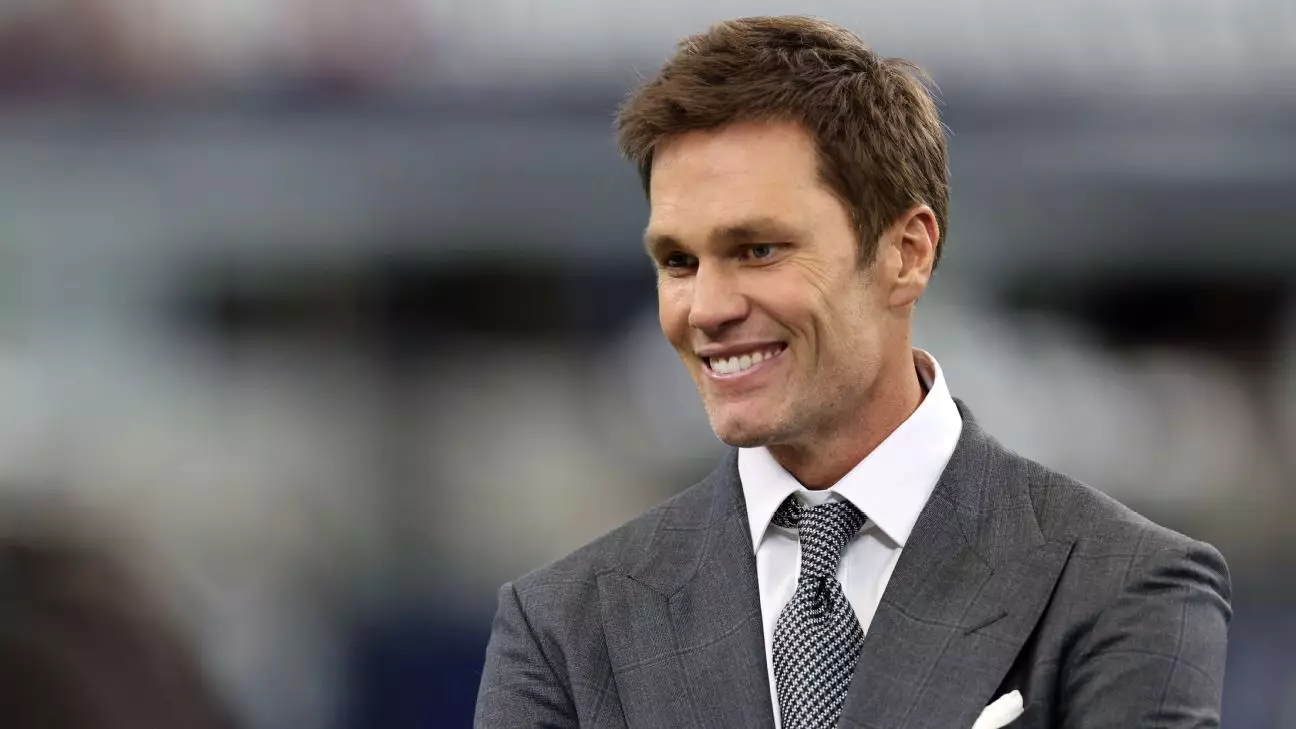In today’s NFL landscape, the boundaries between media, ownership, and coaching are increasingly blurred, eroding the trust fans have placed in the sport’s integrity. When a legendary quarterback like Tom Brady assumes multiple roles—as an analyst for FOX and a minority owner of the Raiders—public confidence inevitably takes a hit. The NFL’s superficial reassurances about the separation of roles often disguise the deeper issues of conflict of interest that threaten to undermine the fairness of the game.
Ben Johnson’s dismissive attitude towards potential leaks exposes a troubling complacency about the systemic risks at play. His assertion that “nothing bad is going to happen” reveals a shortsighted belief that mechanisms are enough to prevent misuse of privileged information. However, history has repeatedly demonstrated that the lines are easily crossed when financial and reputational incentives align. Fans deserve transparency, but more importantly, they deserve safeguards that prioritize competitive fairness over corporate or personal interests.
Structural Flaws in NFL Governance and Media Oversight
The NFL’s current policies buffer against overt conflicts, such as Brady’s sideline privileges, through vague statements that leave significant gray areas. Brady’s presence in the coaches’ booth is officially permitted, yet it opens the door for subtle information exchanges that can influence team strategies. The league’s claim that “there are no policies that prohibit an owner from sitting in the coaches’ booth” is a troubling loophole that exposes the sport to exploitation.
Moreover, the league’s stance on electronically restricted communication fails to consider the nuances of modern technology. Sitting in the coaches’ booth, wielding a headset, and having access to league-wide video feeds collectively grant a level of insight that can influence outcomes—if not overtly, then subtly, through patterns of observation and inference. This dynamic creates an uneven playing field, where the appearance of fairness is compromised, and the integrity of the game is called into question.
The Ethical Dilemmas Facing Coaches and Media Personnel
Within this tangled web, coaches like Ben Johnson walk a fine line, determined to maintain their professionalism while operating under increasingly complex circumstances. His claim of “coach speak” as sufficient safeguard is overly optimistic. Reality suggests that the very act of participating in meetings with individuals who have vested interests in outcome can influence decision-making, either directly or indirectly.
Furthermore, the culture of transparency promoted by the NFL often masks an underlying reluctance to confront conflicts head-on. The league’s prioritization of corporate partnerships, media rights, and high-profile ownerships over ethical standards breeds cynicism. Is it reasonable to believe that insiders like Brady, who operate at the nexus of media and ownership, can remain impartial? The question lingers, casting doubt on the supposed neutrality of game coverage and team operations.
The Broader Implications for Fans and the Future of Fair Play
The core issue extends beyond isolated incidents to embody a fundamental challenge facing the sport: protecting the integrity of competitive play against commercial influences. Fans invest their trust, time, and emotional energy into a league that presents itself as transparent and fair. The reality, however, suggests that the system’s safeguards are often reactive and inadequate.
For the NFL to truly uphold the virtues of fair competition, it must confront its internal conflicts transparently. Implementing stricter regulations—such as limiting ownership involvement during game week meetings or establishing independent oversight bodies—could restore some faith. Ultimately, sports should celebrate skill, strategy, and integrity—not the behind-the-scenes maneuvering that privileges a select few at the expense of the many. Until then, the sport remains vulnerable to erosion of credibility, driven not by sinister intent alone, but by structural complacency and a blatant disregard for the foundational principles of fair play.


Leave a Reply